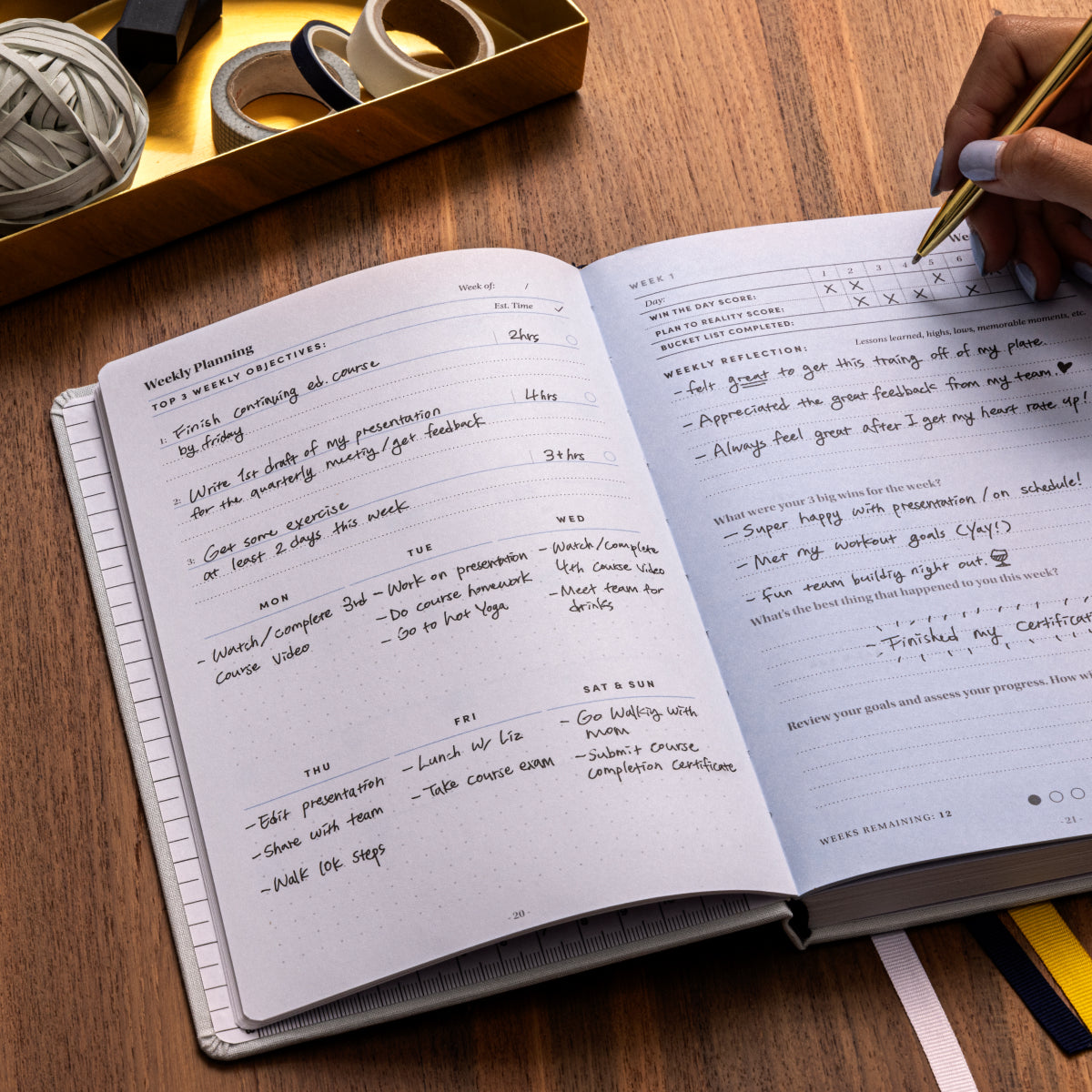In his seminal 1990 book, Flow: The Psychology of Optimal Experience, the psychologist Mihaly Czikszentmihalyi described the value of staying in a focused state that he called "the flow" to achieve maximum performance and productivity in all endeavors.
When he wrote the book, he did not need to consider the multiple distractions of an over-connected world that pulls people out of their "flow" with multiple distractions and instantaneous demands. You can get back into your own state of flow (or the zone or groove, or whatever else you might want to call it) by adopting a few practices that will also help you break the bad habits that are killing your productivity.
Consider the following eight productivity-killers, as well as the suggestions that follow that can get you back into your flow-like state.
8 Productivity Killers That You Should Avoid
1. Impulsive Web Browsing
Do you keep several browser windows open, and do you use the web as a source for information on random thoughts or to alleviate boredom during your day? You can easily fall down an internet link rabbit hole that pulls you far away from the immediate task at hand when you impulsively click on new links that pop up when you seek information. Rather than succumbing to this distraction, write down your thoughts and set a block of time to follow up on them later in your day.
2. Multi-Tasking
No one is suggesting that you are unable to walk and chew gum at the same time, but doing two or more tasks simultaneously (e.g. taking a phone call on one topic while editing a spreadsheet on another topic) will diminish your effectiveness on each task. Pay attention to one thing at a time. You will complete each task more efficiently and with greater competency.
3. Responding Immediately to Emails
The instance of electronic communications carries a sense of urgency that compels recipients to interrupt whatever they are doing to provide an immediate response. Close or minimize your Outlook or Gmail program while you are working on other tasks. As with internet research, schedule a time to respond to all email, rather than responding piecemeal during your day.
4. Delaying Important Tasks
Think of your day as a bucket that you are trying to fill with rocks. If you use small rocks, the task of filling the bucket takes much longer than if you use large rocks. Think of your tasks either as large or small rocks. If you focus on just the small rocks, you will feel like you are always trying to catch up. The big rocks (i.e. important tasks) will fill the bucket more quickly and give you a greater sense of accomplishment, which will then drive your momentum and get you solidly into your flow during your day.
5. Meeting Stasis
We have all attended meetings in which much was discussed and little was accomplished. Before you schedule a meeting or accept an invitation to attend one, ask if the meeting or your participation is essential. You may be able to identify alternatives that enhance your own productivity as well as the productivity of everyone else who might be asked to attend the meeting.
6. Cubicle or Office Imprisonment
If you spend your whole day sitting at your desk, you will get sluggish and lose focus. Some ergonomics experts recommend getting up and moving around at least once every twenty minutes. Do not let yourself be chained to your desk. Getting air into your lungs and blood circulating through your body will refresh you and will keep your thought processes from slowing down.
7. Letting the Perfect be the Enemy of the Good
Perfectionism can be critical for some tasks, but if you attempt to achieve perfectionism for every routine matter, you can find that you are devoting ninety percent of the effort to achieve that last ten percent of the task. Learn to identify when a task is sufficiently complete within the goals and boundaries that you and your team identified for that task, and put it to bed when you hit that point.
8. Being a Slave to your Phone
Many people look at their phone as soon as they wake up and before they go to sleep at night. At a minimum, the wavelengths of light from your phone's screen will suppress the serotonins that your body relies on to relax and to give you a good night's sleep. Put your phone away at least an hour before you retire and get good rest that will leave you refreshed and ready for the next day.
If you learn to control those distractions with these and a few other simple suggestions, you will benefit from your own higher productivity levels.








Leave a comment
This site is protected by reCAPTCHA and the Google Privacy Policy and Terms of Service apply.